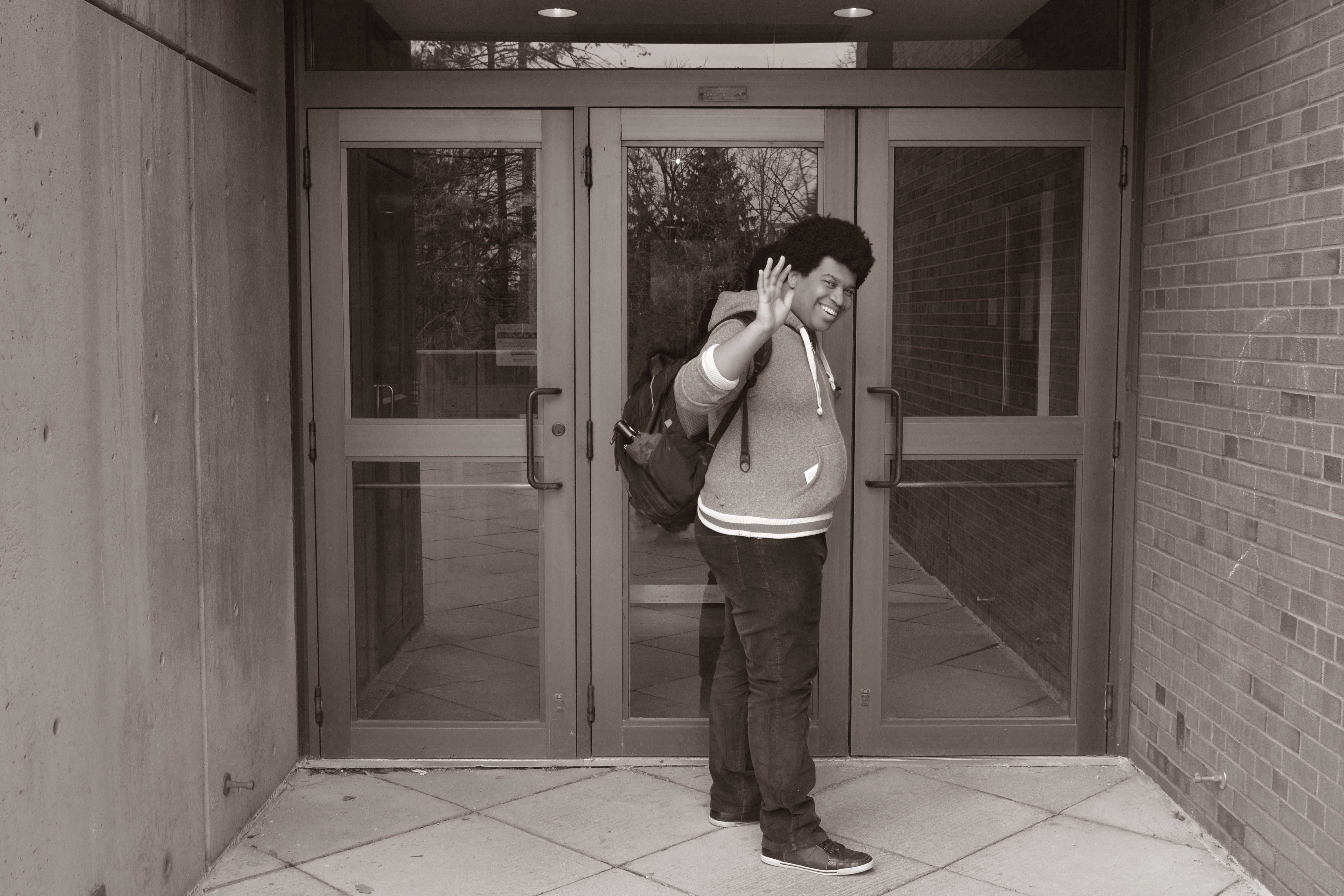Traditional exam-heavy grading schemes are being pushed aside as many UW professors are choosing to distribute the weight of final exams throughout the semester with a variety of smaller assessments.</p>
There has been plenty of debate whether or not the slow phase-out of exams is the result of a generation afraid of failure or an enlightened realization that there are more effective ways than exams to evaluate students on course objectives.
“The university is putting an emphasis on experiential education in their strategic plan — they want all students to have an experiential opportunity,” said Stephane Hamade, Feds’ vice-president of education.
With 140 co-op programs at UW, it’s evident that the educational experience at UW is focused on providing an encompassing experience, built both on books and first-hand encounters. In pursuit of this, many professors are choosing to educate their students with more interactive assignments and classroom activities.
The Centre of Teaching and Excellence provides instructors who wish to use alternative evaluation methods with resources and expertise, said Mario Coniglio, associate vice-president, academic, via email.
“Many Waterloo instructors have adopted new practices in recent years and many assessors have moved away from the use of final exams,” Coniglio said.
Some of these new assessment methods include assigning a lower weight to final exams and including lower-weighted assessments to the grading scheme, such as multiple midterms or assignments during the term that allow students the opportunity to receive further feedback on their work.
Even though some professors have moved to alternative assessment methods, final exams are not altogether gone. More likely, the weight of exams, both midterm and final, have just become more evenly distributed.
“We believe that we should actively promote use of alternative assessment methods, but that does not necessarily mean moving away from exams,” Hamade said.
Instructors have the final say on how a course is structured. While designing a course, instructors place heavy consideration to the needs of their students.
“There are certainly many factors to consider with curriculum changes,” Hamade said. “The most important ones for students have been that they are able to properly assess knowledge of the material and that they would be fair to all students.”
Alternative assessment methods will vary based on the material taught, the needs of the students, and course objectives. While some methods prove to be effective in one course, this may not be the case overall.































